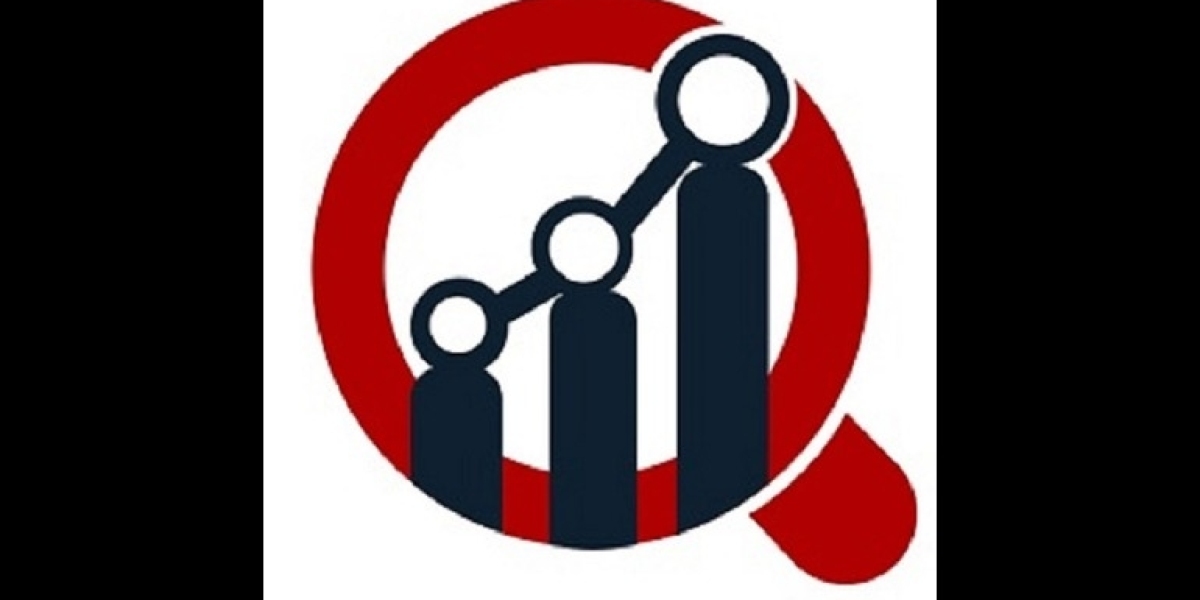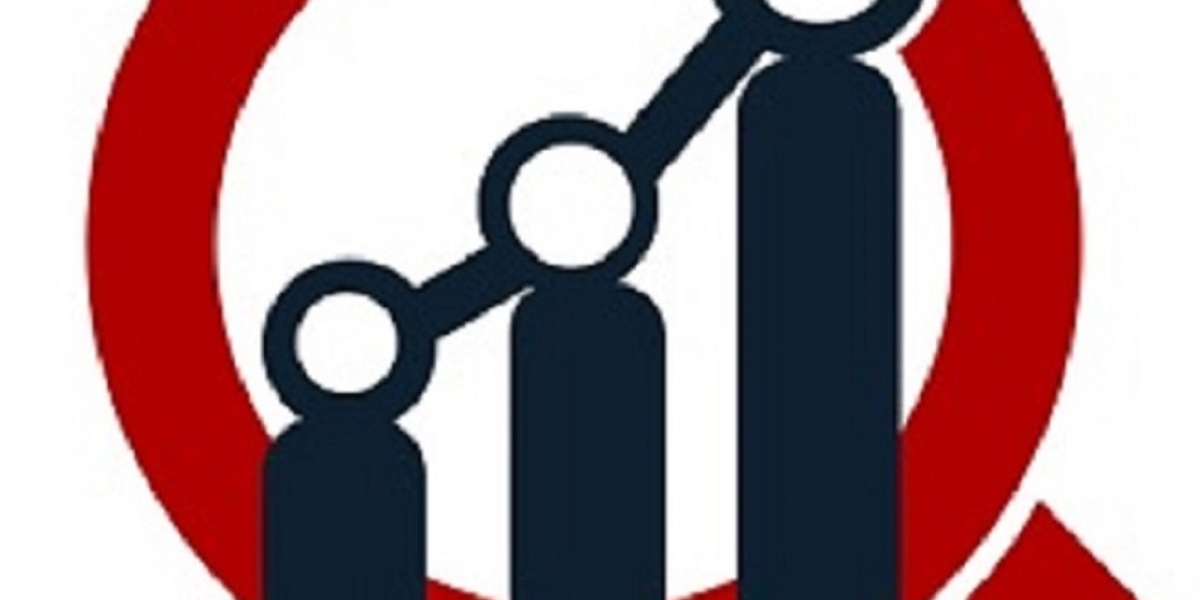Unsecured Business Loans: A Comprehensive Guide
Unsecured business loans have become an increasingly popular financing option for entrepreneurs and small business owners who need quick access to capital without pledging collateral. Unlike secured loans, which require assets such as property, equipment, or inventory as security, unsecured business loans are granted based on the borrower’s creditworthiness, financial history, and business performance.
What Are Unsecured Business Loans?
Unsecured Business Loans Market Size are loans that do not require the borrower to provide any asset as collateral. These loans are generally based on the borrower's credit score, business revenue, and overall financial health. Lenders assess the risk and determine the loan amount, interest rate, and repayment terms accordingly.
Key Features of Unsecured Business Loans
- No Collateral Required: Borrowers don’t need to risk their personal or business assets.
- Faster Processing: The application and approval process is quicker due to the absence of asset verification.
- Shorter Repayment Terms: These loans often come with shorter tenures ranging from a few months to a few years.
- Higher Interest Rates: Due to increased risk for the lender, unsecured loans typically have higher interest rates compared to secured loans.
Types of Unsecured Business Loans
- Term Loans: A lump-sum loan with fixed monthly repayments over a set period.
- Business Lines of Credit: A flexible financing option where businesses can draw funds as needed up to a credit limit.
- Merchant Cash Advances: A lump sum provided upfront in exchange for a percentage of future credit/debit card sales.
- Invoice Financing: Loans given against unpaid customer invoices.
Eligibility Criteria
Eligibility for unsecured business loans generally includes:
- A minimum operational history (typically 1–2 years)
- A healthy credit score (usually 650 or above)
- Stable monthly revenue
- Proof of business registration and financial documents
Pros and Cons
Pros:
- No collateral needed
- Quick approval and disbursement
- Useful for urgent working capital needs
- Flexible usage of funds
Cons:
- Higher interest rates
- Lower loan amounts
- Shorter repayment periods
- Stricter eligibility criteria
When to Consider an Unsecured Business Loan
Unsecured business loans are ideal for:
- Covering short-term cash flow gaps
- Managing seasonal fluctuations
- Investing in marketing or small inventory purchases
- Paying off other short-term obligations
Conclusion
Unsecured business loans offer a convenient and fast financing solution for businesses that need quick capital without putting assets at risk. However, due to the higher cost and stricter terms, it's important for business owners to assess their repayment ability and compare loan options before applying. Choosing the right lender and understanding the terms thoroughly can help businesses leverage unsecured loans effectively to support their growth and operations.
Related Report -






